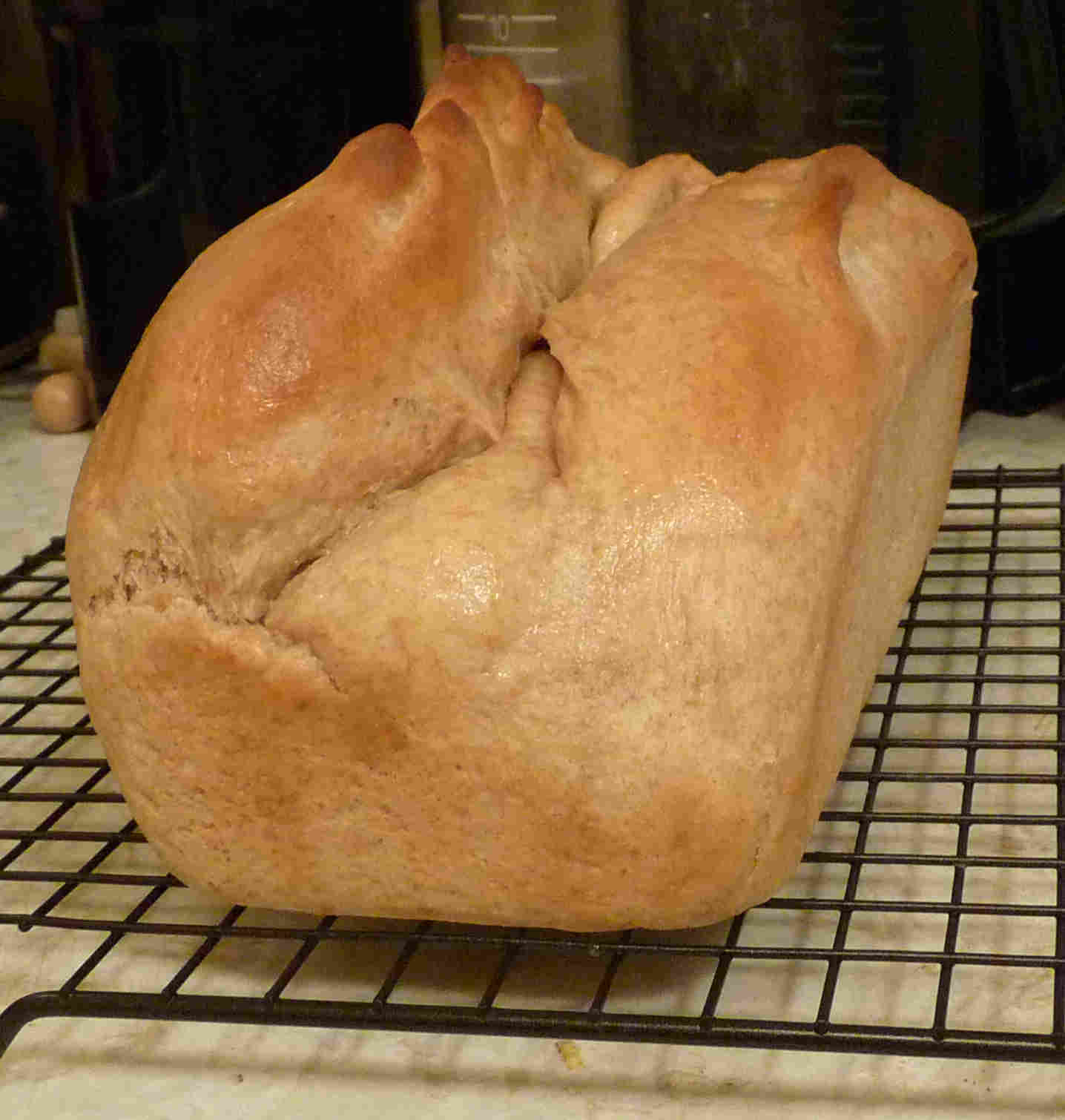I’m trying it again. A couple years ago I experienced that slight naiveté of the intermediate windows user; I thought I could throw aside the windows that seem so confining. I tried to give them up entirely and instead use Linux. Ubuntu seemed to be an opportunity for just such a freedom; it beckoned as only open source can to someone who hates commercialism.
However, it was not meant to be.
I tried to dual boot it with XP on my main desktop, which had the side effect of making boot times longer. There were problems; I tried out the 64bit version of Ubuntu (may as well use those extra bits!) but flash didn’t work in 64bit Firefox (and it still doesn’t!) so I had to get help from a computer savvy friend in order to get flash videos to work. I don’t want to list all the problems, but they were there, and to top it off, OpenOffice 2 wasn’t quite as good as my copy of Office XP. Sometimes freedom is quite frightening, after all. Mistakes were made, and I eventually found myself not logging into Ubuntu as often as I had planned. Finally, when I got a new desktop I only installed XP.
But perhaps things will now be different.
I’ve formatted my laptop’s hard drive (a Dell Inspiron 600m from 2004 that is still going strong) and Ubuntu 8.10 is now its only operating system. So far, I am quite impressed. Installation was a snap, the open source drivers seem to work quite well, and OpenOffice 3 has improved enough so that I don’t even miss that copy of Office XP that now only exists on a CD. Though, I don’t think Ubuntu has changed all that much; mostly I think I’m making a more realistic choice of how I’m going to use it. My laptop is primarily for ‘work’ (words and data) and isn’t my primary computer. I’ll still be able to use all those unsupported (and sort-of supported) devices on my XP desktop; and, of course, the desktop will be able to play video games. I’m also a bit excited about learning more about R, the free statistical software, as SPSS is such a farce.
I’m sure glad all those programmers spent time making me free software!

